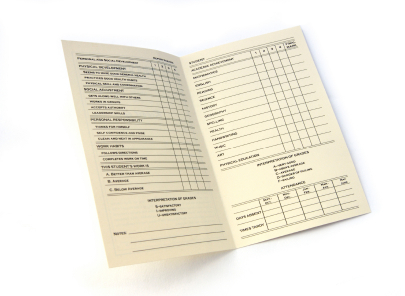I have been working with a high school this year as they attempt to put the principles of Choice Theory into practice. They began exploring Choice Theory as a way to engage at-risk students who seemed to need alternative services to succeed in school. They have since discovered that these principles are equally helpful to every student, including the most successful.
During an overview of Choice Theory that I gave to the high school staff, one of the teachers asked me if report cards represent a form of external motivation. As I told this teacher, it really depends upon how adults decide to “use” report cards. If parents offer their children money for earning good grades, then certainly report cards are being used as a potential reward. By the same token, if adults threaten sanctions if their child does poorly, then report cards are being used as a potential punishment.
But report cards don’t need to be used that way. Ideally, report cards communicate accurate information to students and parents about how much progress has been made, what the student has learned, and what the students is able to do as a result of the new learning. Used wisely, report cards offer both information and feedback. Experts in the field of brain-based learning emphasize the following fact: the brain thrives on feedback. A report card that communicates clearly what students have learned and are able to do offers valuable feedback.

Unfortunately, too many report cards fail to communicate this essential information in the most effective way. But that doesn’t mean report cards are inherently “bad” or incompatible with Choice Theory. Schools that have developed sensible report cards find that they provide students and parents with information that promotes self-evaluation and academic growth.
